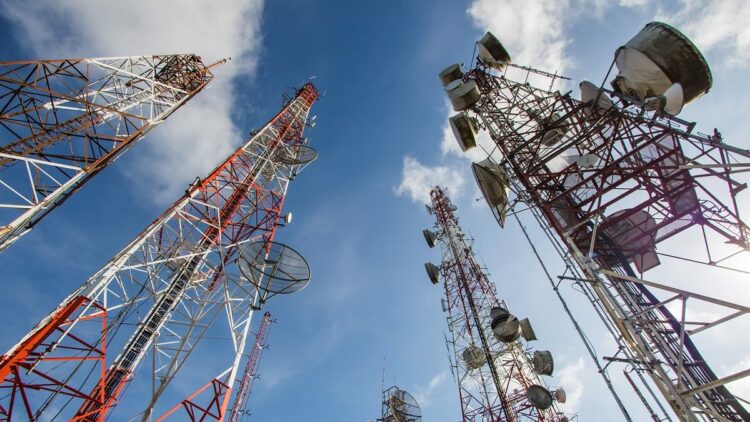After the historic passing of Criminal Law Bills The Indian Telecommunications Bill 2023 was also passed in the Lok Sabha on December 20. The bill was introduced by Minister of Communications Ashwini Vaishnaw on December 19.
The bill seeks to reform and simplify the regulatory and licensing regime for telecommunications. However, among its many significant provisions, one is for national security, which will allow the government to temporarily take control of telecom services in an emergency.
The new Telecom Bill 2023 is a move to replace the three colonial-era archaic laws-
Indian Telegraph Act of 1885
Indian Wireless Telegraphy Act of 1933
Telegraph Wires (Unlawful Possession) Act of 1950
Stating the objectives and the reasons, the bill mentions that the Telecommunication sector drives the economic and social development of the country, and is a gateway to digital services. The country’s security is vitally dependent on the safety of the telecommunication networks. Thus, it is important to create a legal and regulatory framework that focuses on a safe and secure telecommunication network, providing for digitally inclusive growth of the country.
Regarding national security, the Telecom Bill allows the government to take over the telecom services and intercept messages in the interests of national security and in case of emergencies or wars. The bill states that on the occurrence of any public emergency, including disaster management, or in the interest of public safety, the Central Government or a State Government can take temporary possession of any telecommunication service or telecommunication network from an authorized entity.
Additionally, the Telecom Bill 2023 also seeks to amend the Telecom Regulatory Authority of India (TRAI) Act, 1997, and bring cable television network providers as licensees under the bill.
It has also opened doors for the allocation of spectrum for satellite broadband services, which is the global norm for assigning spectrum to entities. The heart of the debate of the bill was whether the assignment of spectrum for satellite communications would be done through auctions or administrative allocations. While Reliance Jio had called for auctioning of the spectrum, One Web had strongly recommended going with the administrative allocation route.
One of the key issues that has now been clarified is around regulating the OTT apps. The original draft of the bill mentioned OTT as a telecommunication service, however, it has been removed in the final bill as it comes under the Ministry of Electronics and IT. A senior official aware of the proceedings said that if the need to regulate OTT arises, it can be decided later as a part of the Digital India Act.

















Comments